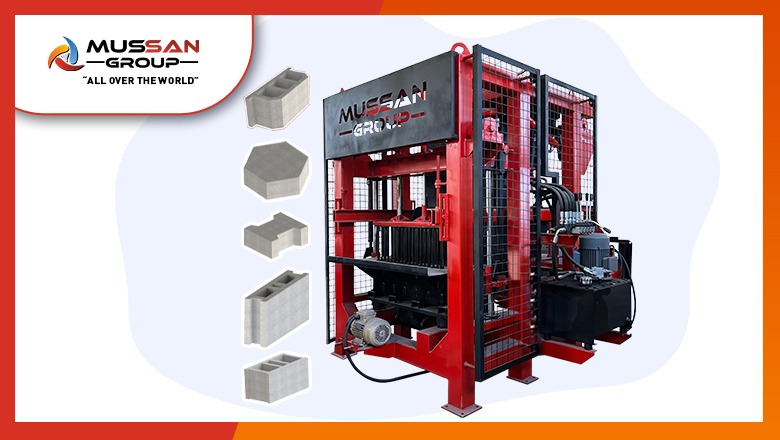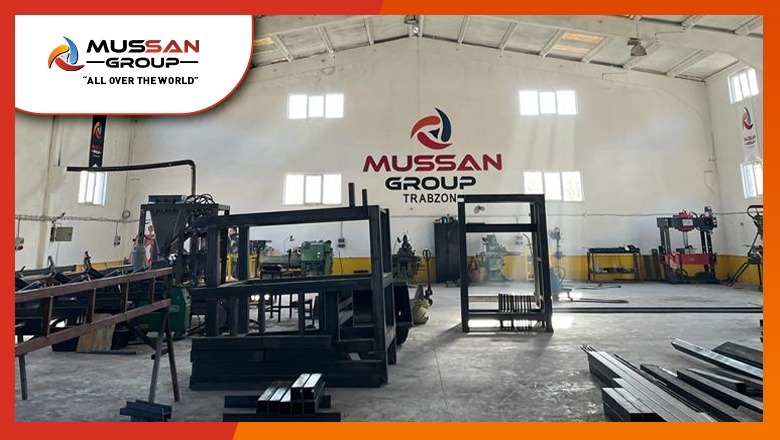
Ghana, like many developing nations, is experiencing a construction boom driven by urbanization and economic growth. Bricks, a fundamental construction material, play a crucial role in this development. This essay explores the types of bricks used in Ghana, their prices, and their various applications.
Types of Bricks Used in Ghana
- Clay Bricks: Traditional and widely used, clay bricks are made from natural clay and fired in kilns. They are known for their durability, thermal insulation, and aesthetic appeal. Clay bricks are often used in residential and commercial buildings.
- Concrete Blocks: These are made from a mixture of cement, sand, and water, and are molded into various sizes. Concrete blocks are popular due to their strength, cost-effectiveness, and versatility. They are commonly used in load-bearing walls, foundations, and other structural applications.
- Sandcrete Blocks: Similar to concrete blocks but with a higher sand content, sandcrete blocks are less expensive and lighter. They are often used in non-load-bearing walls and partitions.
- Interlocking Bricks: These are designed to fit together without the need for mortar, making them easy to assemble. Interlocking bricks are often used in low-cost housing projects and rural development initiatives.
- Fly Ash Bricks: Made from fly ash, a by-product of coal combustion, these bricks are gaining popularity for their environmental benefits. They offer good strength and are used in a variety of construction projects.

Prices of Bricks in Ghana
The prices of bricks in Ghana vary based on the type, size, and quality. Here’s an overview of the approximate costs:
- Clay Bricks: The cost of clay bricks ranges from GHS 5 to GHS 8 per brick, depending on the size and quality.
- Concrete Blocks: A standard 6-inch concrete block costs around GHS 5.00 to GHS 6.50, while a 4-inch block is priced between GHS 3.50 and GHS 5.00.
- Sandcrete Blocks: These are slightly cheaper, with prices ranging from GHS 6 to GHS 7 per block.
- Interlocking Bricks: The cost of interlocking bricks varies widely, from GHS 2.00 to GHS 4.50 per brick, depending on the material and design.
- Fly Ash Bricks: These are relatively new in the market and are priced between GHS 4 and GHS 6 per brick.

Applications of Bricks in Ghana
- Residential Buildings: Clay and concrete bricks are predominantly used in constructing residential houses. They provide good thermal insulation, making homes more energy-efficient.
- Commercial Buildings: In commercial construction, concrete blocks are favored for their strength and durability. High-rise buildings and office complexes often use reinforced concrete blocks.
- Roads and Pavements: Interlocking bricks are popular for constructing pavements, walkways, and even roads in some areas. They offer a cost-effective and aesthetically pleasing solution for urban infrastructure.
- Low-Cost Housing: For low-cost housing projects, especially in rural areas, sandcrete blocks and interlocking bricks are commonly used. They are affordable and easy to work with, making them ideal for community-driven construction projects.
- Environmental Projects: Fly ash bricks are used in environmentally focused projects due to their sustainable production process. They are employed in both residential and commercial buildings, contributing to greener construction practices.
Conclusion
Bricks are an essential part of Ghana’s construction industry, offering a variety of options to suit different needs and budgets. From the traditional clay brick to the innovative fly ash brick, each type serves specific purposes and applications. Understanding the types, prices, and uses of bricks can help builders and developers make informed decisions, ultimately contributing to the nation’s ongoing development and infrastructure growth.






